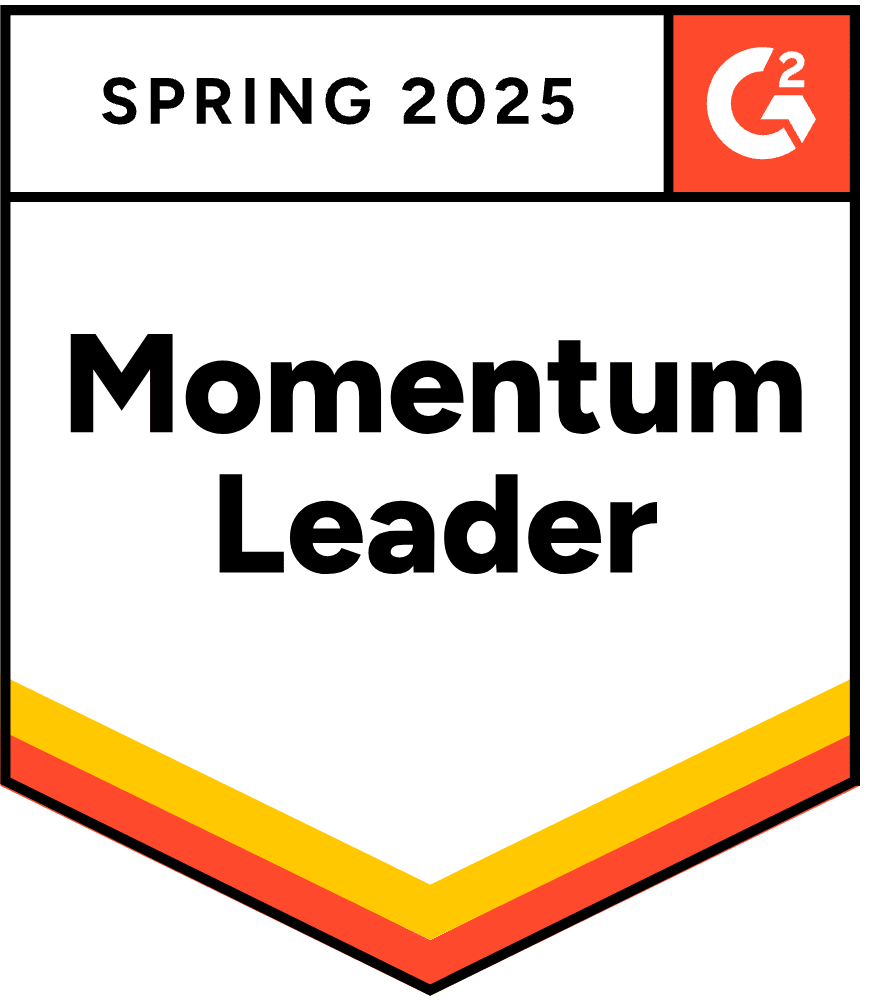The need to identify skill gaps and upskill workers is clear, but what is less obvious is how companies can make those necessary changes at scale. In Carol Dweck’s influential book Mindset: The New Psychology of Success, she coined the term “growth mindset,” meaning a belief that one’s abilities can change and develop for the better over time.
Though common wisdom suggests we should think of growth mindset at the individual level, the truth is that HR departments and recruiters are necessary to lead the charge in creating company-wide cultures of growth that reinvigorate teams from the top down.
Why a Growth Mindset Is Crucial
As Dweck herself wrote in the Harvard Business Review, a growth mindset is not simply a self-fulfilling prophecy. It’s not just about being “open-minded” or positive and effusive with praise in every situation. Instead, a true growth mindset means seeking out challenging problems that make us uncomfortable (particularly ones we have a “fixed” mindset about), believing in our ability to grow by facing them head-on, and persevering to solve them.

On a broad level, empowering employees to have a growth mindset means changing the way companies think about their team members. Too often organizations play “the talent game,” meaning using metrics and screens to say someone is inherently good and bad at something. As Dweck explains, this can have negative consequences:
“A company that plays the talent game makes it harder for people to practice growth-mindset thinking and behavior, such as sharing information, collaborating, innovating, seeking feedback, or admitting errors.”
While team members and individuals may begin at different points and learn certain skills faster than others, their abilities are better thought of as skills honed over time rather than innate “talents.” By recognizing that this view is often an example of fixed-mindset thinking, companies take on greater challenges and find new ways to be innovative.
How to Foster a Growth Mindset Through Language Learning
With the increase in remote work and internationalization, the talent pool has become more competitive. Rather than being limited by geography, teams can find employees from all over the world — which means multiculturalism and multilingualism is only set to increase. In light of this, language learning will only become more valuable to innovative companies.
Even so, one of the most problematic ideas is that only some people can learn a new language, or that learning a new language as an adult isn’t possible. HR departments can use language learning programs as a great way to disprove these outdated ideas and foster a growth mindset culture.
Babbel for Business offers language learning programs that are scientifically proven to improve language skills, no matter an employee’s past experience or age. While learning a second language can improve internal and external communication, it also offers a slew of benefits including better multitasking, memory, and decision-making skills — all of which are crucial when taking on harder and harder challenges.
Embracing Growth Mindset for Tomorrow’s Challenges
As work dynamics continue to evolve, recruiting growth-minded talent who won’t shy from challenges is more important than ever. Even so, as individual talent becomes more sought after among competing companies, hiring managers and recruiters will need to embrace a growth mindset of their own to nurture and support the teams they assemble.
By embracing language learning through programs like Babbel for Business, companies can foster a growth mindset and show employees that they are willing to invest in their development. By doing so, organizations of any size can evolve and upskill for a constantly changing world — getting the best of everyone at both the individual and organizational level.






